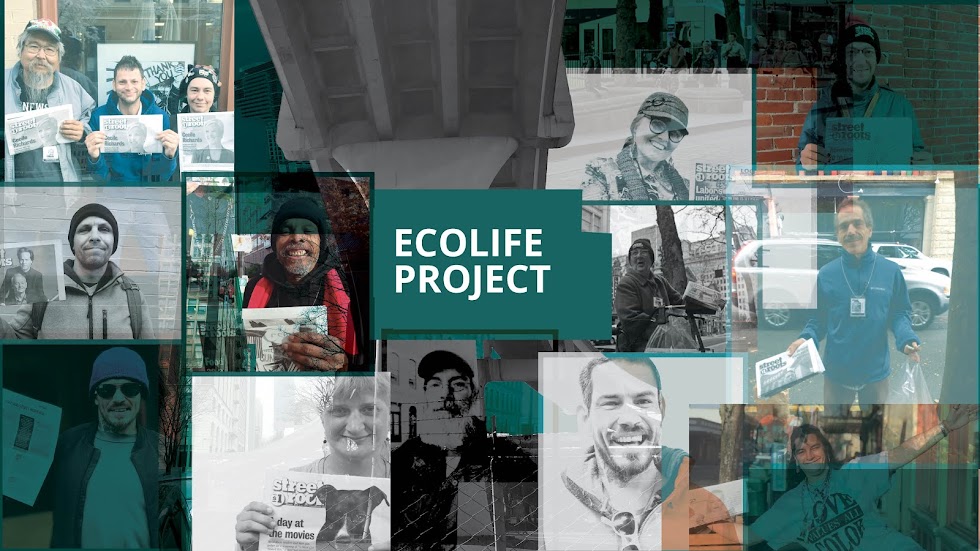Our Landfill Legacy:
Portland Metropolitan Area Landfills Closed Since 1960
and their Impact on our Urban and Natural Environment
This document compiles information about all known landfill sites in the Portland region
closed since 1960. Research was based on published reports, the Oregon Department of
Environmental Quality (DEQ) and Clackamas County file reviews, archives from Metro and
the City of Portland, and personal communications. Very little information existed for some
sites. Information found was sometimes conflicting or there was no second source available
to verify the details discovered. Therefore, descriptions about some sites may be incomplete
or inaccurate. Metro would welcome additional information from anyone familiar with
any of these sites (or additional sites meeting the criteria described), so it can be included
in future updates to be published.
Introduction
The nature of the waste generated and disposed of in the Portland area has changed greatly over the
years. Significant amounts of paper, metal, glass and plastic began to appear in a waste stream
formerly dominated by food and ash. Regulated solid waste landfills, recycling, and reuse began to
displace unrestricted disposal practices such as open dumping and burning.
A solid waste landfill is a discrete area of land or an excavation where solid waste is buried. Such
concentrations of waste may pose long-term risks to health, safety, and the environment, including
but not limited to the following:
• Landfill gas from decomposing organic waste contains methane, which under certain conditions
may present a fire or explosion hazard, and non-methane organic compounds which may pose
additional health risks;
• Leachate, the liquid leached by water from buried solid waste, may pose risks to groundwater
and surface water;
• Some of the buried material (e.g., asbestos) poses health risks if excavated;
• The structural integrity of buildings and infrastructure (e.g., sewers that have been built on
former landfill sites) may be affected by differential settlement caused by decomposing wastes;
• Underground fires sometimes occur in decomposing waste, causing the ground to subside, and
potentially releasing air pollutants.
Many of these potential problems are exacerbated in older landfills where lack of regulation often
resulted in inadequate site selection, design, and operations (e.g., poor compaction of the waste, little
or no cover material, and insufficient sloping for stormwater drainage).
OUR LANDFILL LEGACY / Metro Solid Waste and Recycling Dept. / March 2004 2
Metro’s Solid Waste and Recycling Department mapped and collected basic information on those
landfills in or near the Metro region that have closed since 1960. The purpose of this project is to
provide information that may be useful in protecting public health, safety, and the environment, and
may also be useful to the land use planning process.
Jim Dostert.
Article from Oregon Metro. gov
Jim Dostert.
Article from Oregon Metro. gov

No comments:
Post a Comment